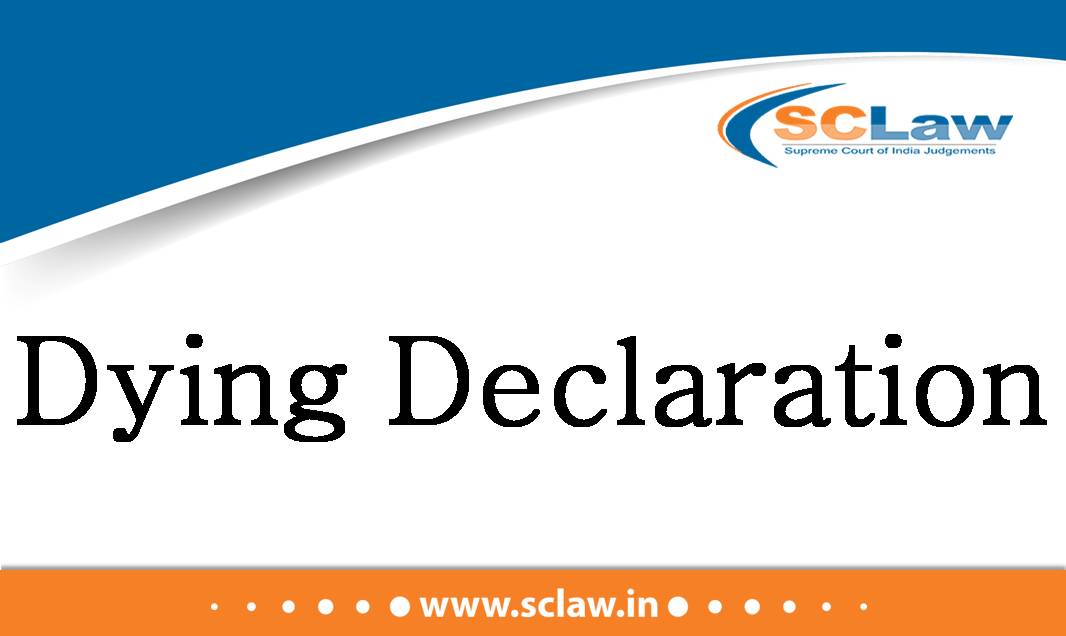Dying Declaration—A valid dying declaration maybe made without obtaining a certificate fitness of the declaration by medical officer. Abetment of Suicide—Eve teasing—Active acts of the accused have led the deceased to put an end to her life as accused has played active role in tarnishing the self-esteem and self respect of the victim—Accused convicted.
2017(2) Law Herald (SC) 1303 : 2017 LawHerald.Org 891 IN THE SUPREME COURT OF INDIA Before The Hon’ble Mr. Justice Dipak Misra The Hon’ble Mr. Justice A.M. Khanwilkar The Hon’ble…



